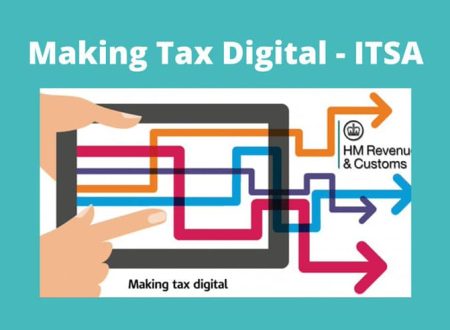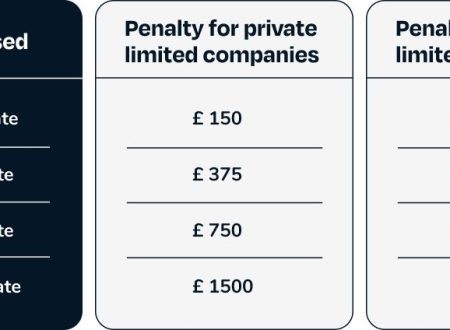If you’re a landlord or property investor in the UK, you’ve probably heard that setting up a limited company can be a smart move for managing your rental income and investments. But is it the right choice for you?
At TT Accountancy Services (TTAS), we work with landlords and property investors across London to help them make informed tax and business decisions. In this post, we’ll break down the pros, cons, and key considerations of running your property business through a limited company.
What Does It Mean to Have a Limited Company for Property?
Instead of owning properties personally, you set up a limited company that purchases and holds the properties. This company becomes the legal owner, and you — the landlord — become a director and shareholder.
All rental income goes into the company, and after paying taxes and expenses, profits can be:
- Reinvested into more property, or
- Withdrawn as dividends or salary.
Learn how to set up a limited company with Companies House
Advantages of Using a Limited Company for Property Investment
1. Tax Efficiency
Companies pay Corporation Tax (currently 25% for 2025/26, depending on profit level), which can be lower than the higher rates of personal income tax.
If you are a higher-rate taxpayer, this structure could significantly reduce your annual tax bill.
2. Full Mortgage Interest Relief
Since the 2020 tax changes, individual landlords can no longer deduct full mortgage interest as an expense — but limited companies still can.
This makes incorporation particularly attractive if your properties are heavily mortgaged.
3. Easier to Reinvest Profits
Profits can stay in the company and be used to purchase new properties without triggering additional personal tax.
This makes it ideal for long-term investors who want to grow their portfolio efficiently.
4. Limited Liability Protection
A limited company structure separates your personal assets from your business liabilities.
If something goes wrong financially, your personal assets are generally protected.
Disadvantages and Potential Pitfalls
1. Higher Administrative Costs
Running a limited company means:
- Filing annual accounts with Companies House
- Submitting Corporation Tax returns to HMRC
- Maintaining proper bookkeeping and payroll (if applicable)
This can be time-consuming and may require professional help.
2. Additional Tax When Withdrawing Profits
If you take money out of the company as dividends or salary, you’ll pay personal tax on top of the corporation tax already paid by the company.
3. Mortgage Availability
Some lenders do not offer mortgages to limited companies, and those that do may charge slightly higher interest rates or require larger deposits.
4. Selling Properties and Capital Gains
When selling properties, Capital Gains Tax (CGT) applies differently. If your company sells, you can’t use personal allowances — but companies can claim indexation relief for historical costs.
Capital Gains Tax for property – HMRC
When Setting Up a Limited Company Makes Sense
You might benefit from a limited company if:
- You are a higher-rate taxpayer.
- You plan to reinvest profits into more properties.
- You want to build a long-term property business rather than rely on short-term rental income.
- You have multiple properties generating significant income.
However, if you only own one or two properties, keeping them in your personal name may be simpler and more cost-effective.
How TT Accountancy Services Can Help
At TTAS, we specialise in helping landlords and property investors decide on the most tax-efficient structure for their portfolio.
Our services include:
- Incorporation and company setup guidance
- Tax planning and property profit analysis
- Bookkeeping, VAT, and payroll services
- Annual accounts and HMRC filing support
Contact TT Accountancy Services today for expert advice on structuring your property business.
Setting up a limited company for your property business can offer major tax advantages and growth opportunities, but it’s not the right fit for everyone.
The best approach depends on your income level, future plans, and investment goals.
Before making the switch, speak to a qualified accountant who understands UK property taxation — like the team at TT Accountancy Services.
With the right structure in place, you’ll be in a stronger position to maximise profits, stay compliant with HMRC, and grow your property portfolio with confidence.

 ?>
?>






